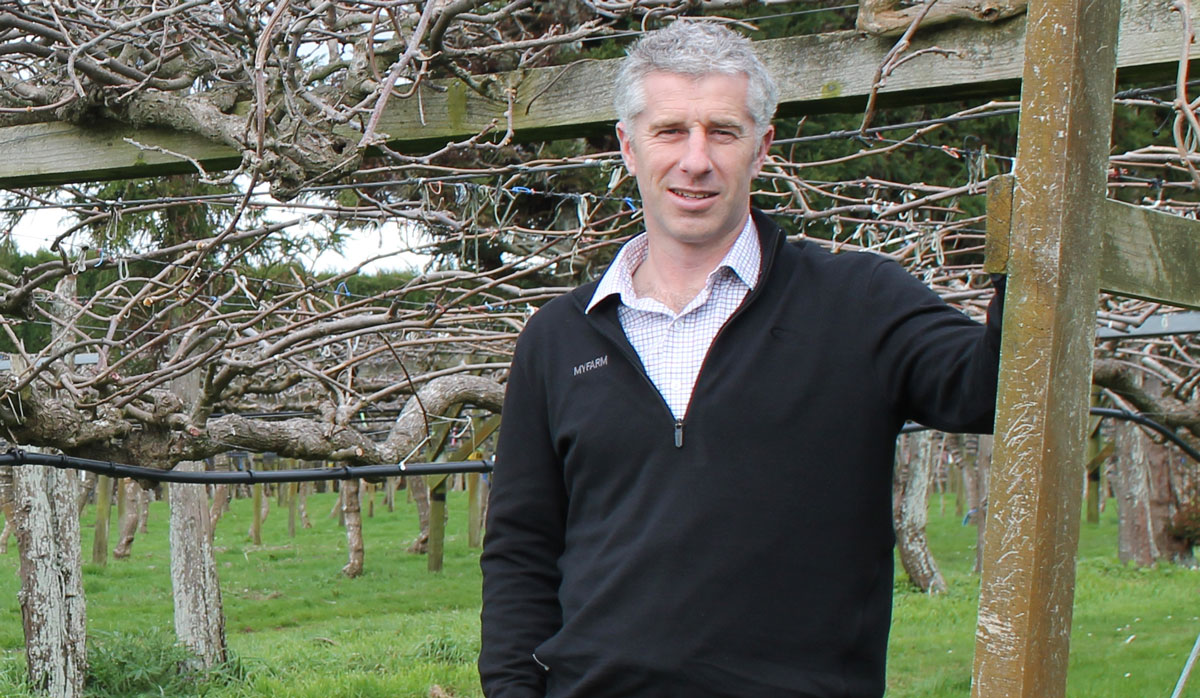Huge hop garden aims to further milk growing industry
A former dairy farm in a secluded valley on the fringe of Nelson Lakes National Park is set to become New Zealand's biggest hop garden.
A 175ha dairy farm in Kohatu, Tapawera, 52km west of Nelson, sold in October 2018 for conversion to a hop garden, is another example of change in land use driving sales of rural property.
Joe Blakiston of PGG Wrightson Real Estate, Marlborough marketed the property, which was purchased by primary production investor MyFarm. He says the farm’s owner first approached PGG Wrightson in April to market the property.
“They were aware of developments around hops and knew the farm was suited to growing them, though were in no hurry to sell. Because the hop industry hasn’t many big players we discreetly marketed it to reach each one,” Blakiston said.
“Our company nationwide knows MyFarm well, having dealt with them on several different projects, including horticulture, grapes and dairy properties. We know what they require and we understand the constraints they are under. We knew that a long period of due diligence would be necessary.”
Grant Payton, head of sales for MyFarm, says the new Tapawera garden will be one of the largest growing hops in New Zealand.
“New Zealand hops have characteristics with great appeal for the international brewing market. Along with our business partner Hop Revolution, who will manage the garden, we are focused on making the most of those advantages.
“We believe there is significant potential to expand New Zealand hop production, and by doing so, generate double digit cash returns for our investors. This requires production at scale, planting the unique proprietorial hop varieties that have been developed in New Zealand.”
Payton says vertical integration has provided the market power that has enabled New Zealand’s dairy, kiwifruit and pipfruit industries to expand, to the benefit of farmers and growers.
“We are applying the same principles to the hop sector, bearing in mind that growers have previously been constrained by the high levels of investment needed to develop at the scale necessary for economic viability.”
In 2013, 350ha of hops were grown in New Zealand. By 2019 that had risen to 763ha.
 |
|---|
|
Grant Payton, head of sales for MyFarm. |
Hops are a crucial component of beer, providing much of its flavour. Rising demand is driven by the domestic and international development of the craft beer market.
“In the United States alone there are 7400 craft brewers, which is projected to grow to 12,000,” Payton said. “They are all looking for a point of difference. New Zealand hops provide that, with tastes and smells different to everything else grown around the world.”
He says because New Zealand grows only about 1% of the world’s hop production we could never manage to satisfy demand as the craft beer scene grows.
Hops have specific needs. As lengthening and shortening days are required for flowering and maturity, hops will only grow satisfactorily within a certain latitude. At 41 degrees south, Nelson’s latitude, coupled with plenty of sun hours, little wind and sufficiently cold winters, is perfect for growing hops. The region is the centre of New Zealand’s hop sector.
Development of the new hop garden has already begun, with 27.4ha contoured and drained. Support structures and irrigation will then be installed and the hops scheduled for planting before the end of the year. This month the remaining 148ha will be started on.
Initial harvest will be in 2021 and the new hop garden is forecast to reach full production in 2025.
Global trade has been thrown into another bout of uncertainty following the overnight ruling by US Supreme Court, striking down President Donald Trump's decision to impose additional tariffs on trading partners.
Controls on the movement of fruit and vegetables in the Auckland suburb of Mt Roskill have been lifted.
Fonterra farmer shareholders and unit holders are in line for another payment in April.
Farmers are being encouraged to take a closer look at the refrigerants running inside their on-farm systems, as international and domestic pressure continues to build on high global warming potential (GWP) 400-series refrigerants.
As expected, Fonterra has lifted its 2025-26 forecast farmgate milk price mid-point to $9.50/kgMS.
Bovonic says a return on investment study has found its automated mastitis detection technology, QuadSense, is delivering financial, labour, and animal-health benefits on New Zealand dairy farms worth an estimated $29,547 per season.
OPINION: Staying with politics, with less than nine months to go before the general elections, there’s confusion in the Labour…
OPINION: Winston Peters' tirade against the free trade deal stitched with India may not be all political posturing by the…